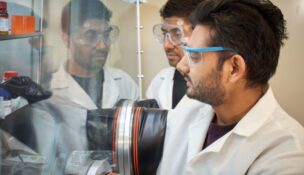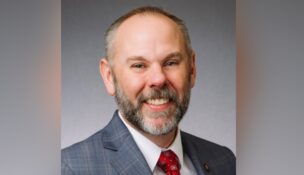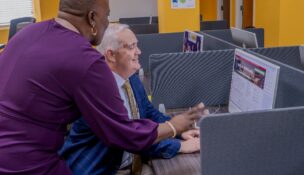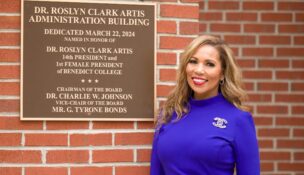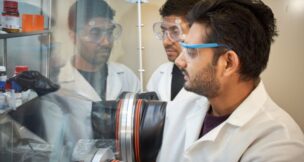Colonial Life, USC renew education partnership
Staff Report //August 4, 2020//
A professional development partnership for educators will continue in the 2020-21 school year.
A 25-member class representing Midlands school districts and higher education institutions will take part in the fifth year of the Education Leaders Experience, created by Columbia-based supplemental insurance company Colonial Life and administered in partnership with the Center for Educational Partnerships at the University of South Carolina.
The 10-month program connects educators and business leaders to address workforce needs. Monthly sessions will focus on topics including economic trends, entrepreneurship, influencing legislative policy and transformational change. Participants will be matched with a local business or community leader for an executive job shadowing opportunity, according to news release from Colonial Life.
The partnership kicked off with a virtual retreat in mid-July with a virtual leadership panel featuring Tim Arnold, Colonial Life president and CEO, and members of Arnold’s leadership team.
“Creating a strong partnership between educators and business leaders is critical to growing 21st century employees,” Arnold said. “This program helps our company learn valuable lessons from today’s educators and helps inform them on current workplace trends and needs. It’s beneficial for all of us.”
Members of the 2020-21 class are:
- Karen Beaman, program director for masters in education administration and leadership, Columbia College
- Patrick Bennett, speech/ humanities instructor, Midlands Technical College
- Audrey Brady, data analyst, Richard School District 2
- Mary Brooks, director of parenting/ early childhood, Lexington School District 2
- Jamie Brunson, principal, Fairfield Middle School
- Teesa Brunson, associate vice president for institutional advancement, Allen University
- Rob Dedmon, assistant dean, University of South Carolina College of Education
- Jenny Garris, director of technology, School District Five of Lexington and Richland counties
- Katrina Goggins, director of communications, School District Five of Lexington and Richland counties
- Bob Grant, chief auxiliary services officer, Orangeburg County School District
- Nicholas Hill, dean, Claflin University School of Business
- Stephanie Hucks, principal, Busbee Creative Arts Academy
- Joi O’Neill, school counselor, Sandhills Middle School
- Natalie Osborne Smith, coordinator of professional learning, Lexington County School District One
- Monica Owens Carter, principal, H.B. Rhame Elementary School
- Anthony A. Pittman, dean and professor of education, Claflin University
- Albert Robertson, coordinator of social studies, Lexington County School District One
- Ralph Schmidt, assistant superintendent, Lexington County School District Three
- William Simon, director of planning, Richland County School District Two
- Katrina Singletary, director of secondary education, School District of Newberry County
- LaShaune Smith-Brisbon, assistant professor of education, Benedict College
- LaNisha Tindal, director of alternative learning programs, Gordon Odyssey Academy
- Lilla Toal Mandsager, director of educator effectiveness and leadership development, S.C. Department of Education
- Neshunda Walters, principal, Eau Claire High School
- Christy Wendland, associate dean of academic affairs, Newberry College
“A critical part of the mission of the Center for Educational Partnerships is to collaborate with teachers, schools and districts to meet the educational needs of communities in South Carolina,” said Cindy Van Buren, director of the Center for Educational Partnerships and assistant dean for professional partnerships at the University of South Carolina College of Education. “Being a partner in the work of the Education Leaders Experience allows CEP to live out its mission in a profound and action-oriented way.”
o





